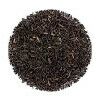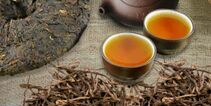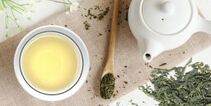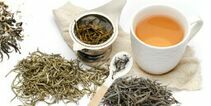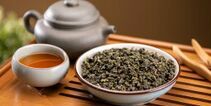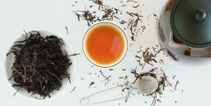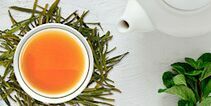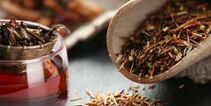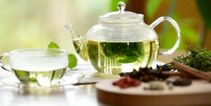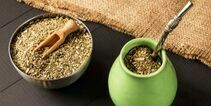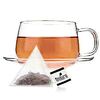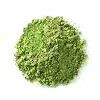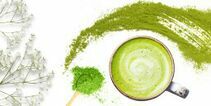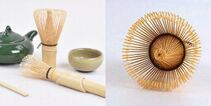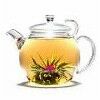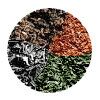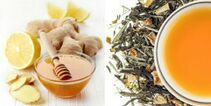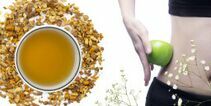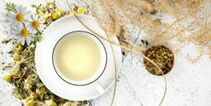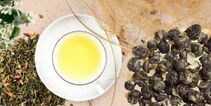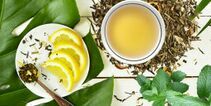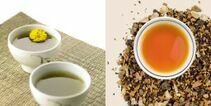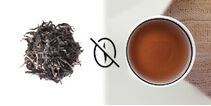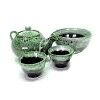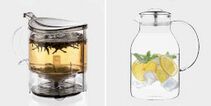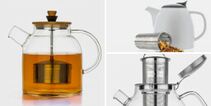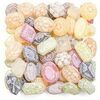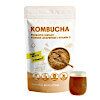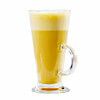The Cleansing Power of Dandelion
Who would have known that what we consider a pesky weed has such wonderful health benefits and therapeutic properties? Dandelion was in fact brought to the Americas by the colonists for propagation, the wild edible was not viewed as a weed in those times! Dandelion is a plant native to Europe, but is widely available throughout the Northern Hemisphere. It is used as a healing tea in Traditional Chinese Medicine and by natural medicine practitioners worldwide for its beneficial properties. Everyone can benefit from consuming Dandelion tea, and especially vegans or anyone that lives dairy-free who may be calcium deficient!
Liver Health
Dandelion Leaf offers a number of digestive health benefits. Dandelion Leaf increases bile excretion from the liver so the body can more efficiently cleanse and filter foods and liquids, while also purging harmful toxins. In addition, improved bile flow makes it possible the body to better metabolize fat, which helps optimize healthy cholesterol levels!
Potassium and Calcium
Dandelion root is loaded with potassium- this gives it natural diuretic properties. If you retain water, have cellulite, or struggle with constipation, Dandelion root tea will help flush out excess water and toxins from the body.
Calcium is necessary for bone health, blood clotting, and hormone secretion. The calcium readily available in Dandelion leaf tea prevents tooth decay, muscle tension and calcium deficiency.
Cleansing Properties
This pure leaf is a wonderful blood cleanser; by helping to purify the blood, Dandelion Leaf allows the liver to more effectively perform its function!
If you struggle with candida, Dandelion is a wonderful bitter herb that helps to combat yeast in the body, and supports the digestive track.
For the healing benefits on Dandelion Leaf and Dandelion Root, check out our bestsellers White Cloud Detox, Tea-Tox Tonic, 911 Detox, Women’s Activity blend, and more!
We suggest seeking the advice of your healthcare provider, and not to use this product if you have liver disorders or plant allergies. If you’re allergic to ragweed or related plants (daisies, chrysanthemums, marigolds), you’re likely to be allergic to dandelion.

